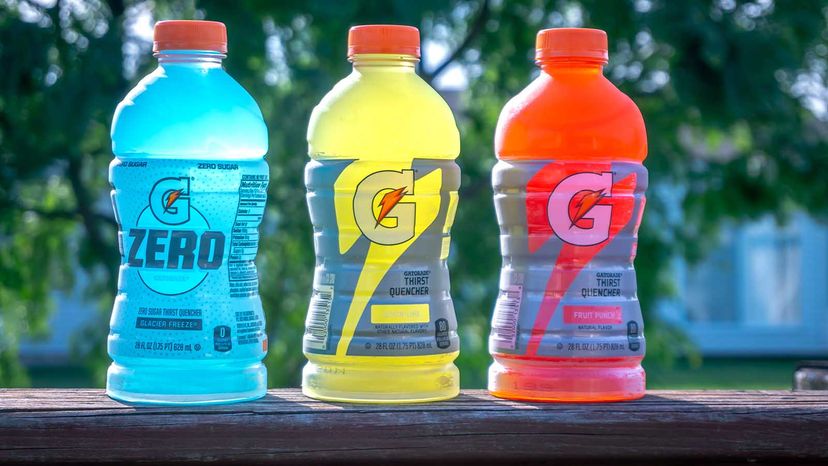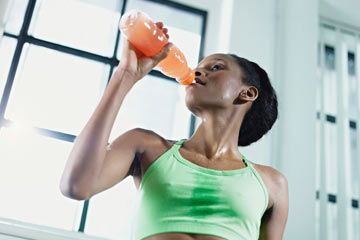
There's no denying it: Temperatures are rising across the globe. And that means we need better ways of effectively cooling our bodies, especially when we can't avoid being outside on hot days.
And that also means avoiding things like heat stroke and exhaustion because they're very serious conditions. The Centers for Disease Control and Prevention (CDC) says heat stroke occurs when your body can no longer control its temperature. It rises — fast — and your sweating mechanism fails so tour body can't cool down. If you have a heat stroke, your temperature can rise as high as 106 degrees Fahrenheit (41 degrees Celsius) in just 10 to 15 minutes. Temperatures that high can cause permanent disability or even death.
Advertisement
There are several ways you can avoid overheating including:
- wear lightweight clothing
- cut back on caffeine
- stay hydrated and drink plenty of cold fluids
- avoid the hottest parts of the day
But even supplements can be effective. Here are five.


